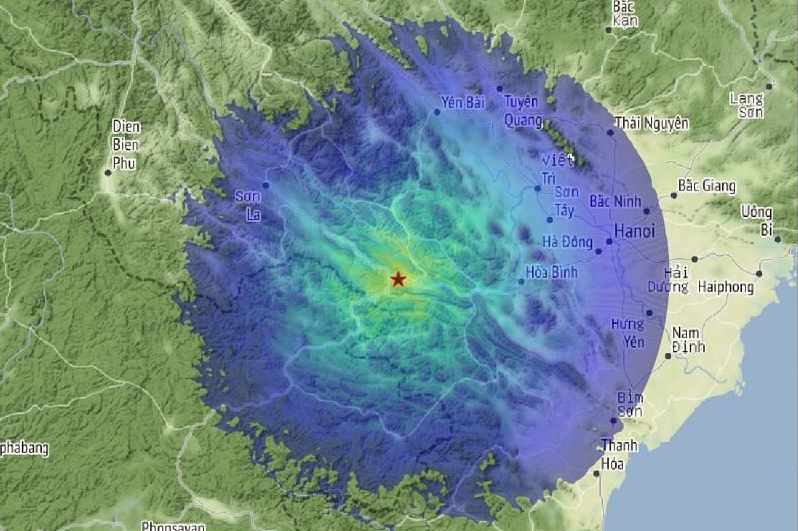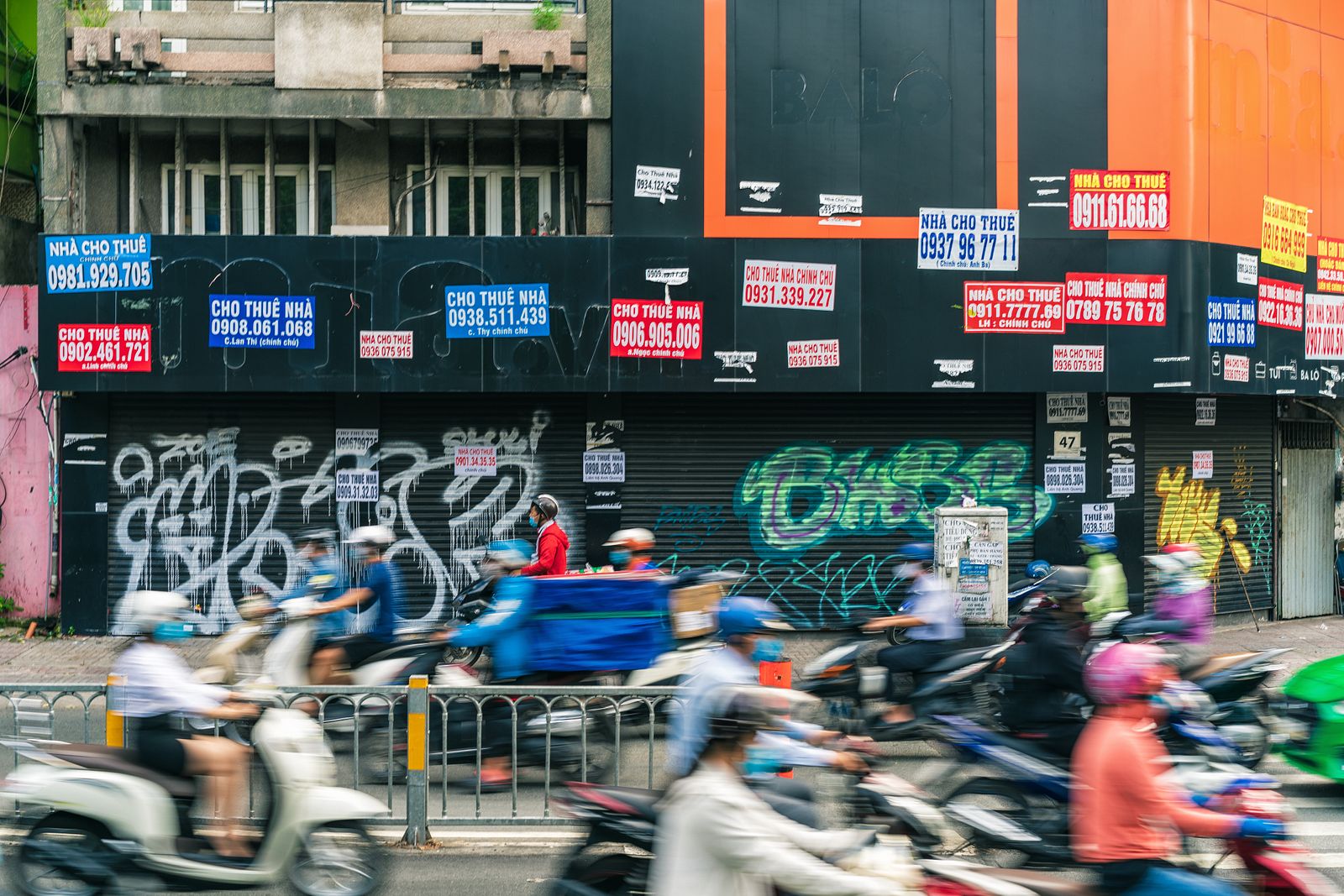Any plans to combine sparsely populated locales will, however, not happen anytime soon, as significant research and time for public input is needed.
Reports have been circulating that the government is considering merging mountainous provinces of less than 8,000 square kilometers or fewer than 900,000 people and non-mountainous regions of 5,000 square kilometers or 1.4 million people. As many as 10 provinces would meet these criteria, including Bac Kan, Lai Chau, Cao Bang, Kon Tum, Ninh Thuan, Dien Bien, Dak Nong, Quang Tri, Lao Cai and Hau Giang.
Previously, Vũ Đăng Minh, chief of office of the Ministry of Home Affairs, said that between 2022 and 2025 agencies would investigate frameworks and provide proposals, and no provincial merges would occur until 2026–2030. The moves would aim to reduce a variety of administrative costs and make general management easier.
Experts have questioned the plan for numerous reasons. They noted logistical concerns for individuals, such as the need to get new identification cards and registrations, and voiced concern that there is not enough research being done to consider how cultural, ethnic and religious groups are being merged.
Some commentators noted that some of the proposed mergers would re-unite provinces that had previously been one and were later separated. In 1976, the country expanded from 38 provinces and cities into 58 provinces and five cities.
In response to the recent public discourse, the Ministry of Internal Affairs clarified the process this week, noting that there are no firm timelines for the research period or implementation and significant input from officials and citizens is needed.
"We understand this is a very complex issue, which requires the utmost care and great attention to detail. Factors such as geographical location, history, culture, traditions, national defense and socio-economic development must all be carefully studied and reviewed. We expect this process to take a long time and our most important objective is to maintain stability and development," Nguyễn Duy Thăng, Deputy Minister of the Ministry of Internal Affairs explained.
[Photo: A coastal view of Ninh Thuan]














